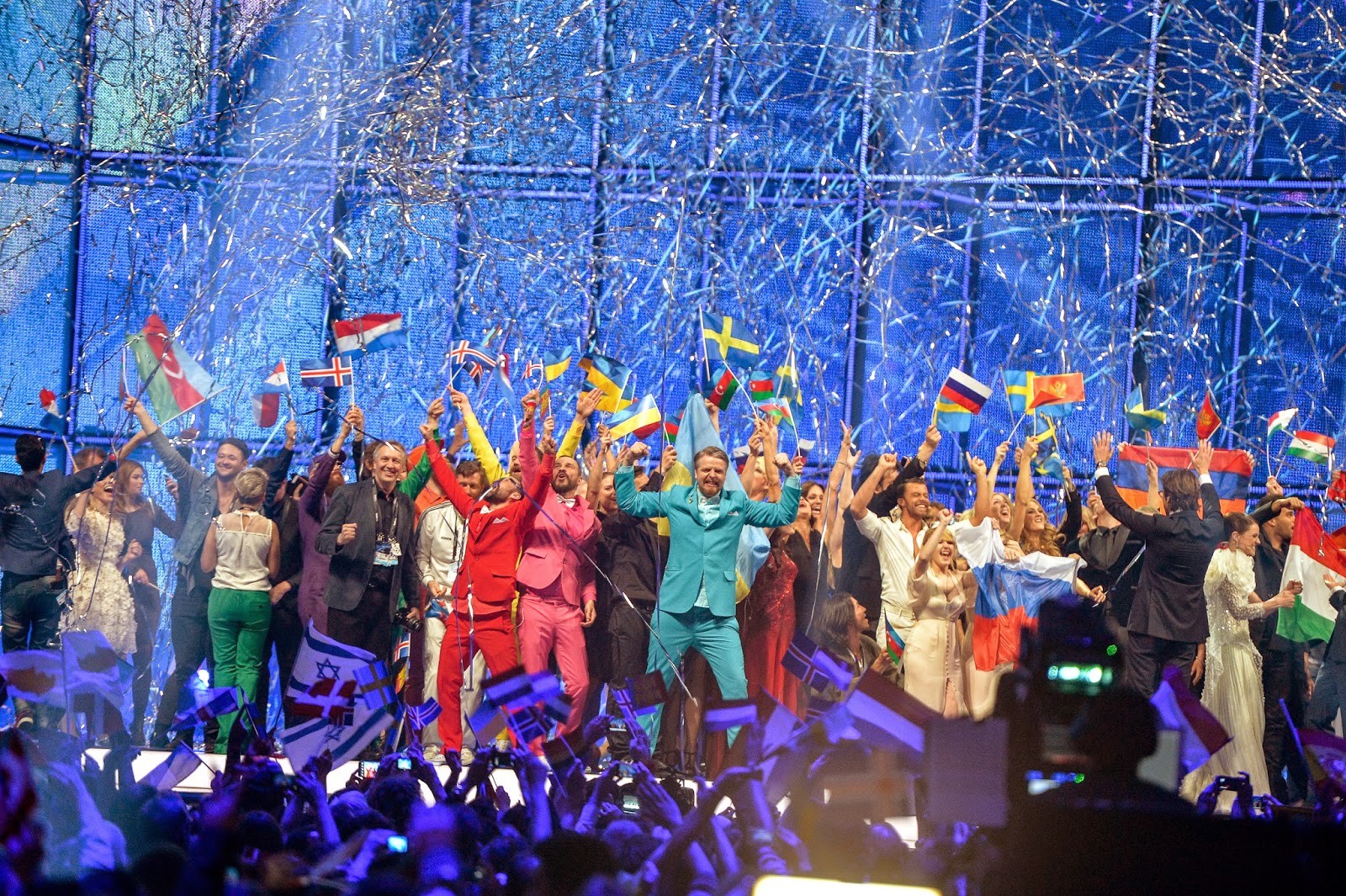 |
| Fazer previsões sobre o futuro da nossa situação económica tornou-se uma grande incógnita |
Então, porque os economistas, analistas e estudiosos reagiram de forma tão impotente e estupefacta perante o que se passou na economia mundial nos últimos anos?
Crash de 1929 vs Crise de 2008
Muitas têm sido as comparações feitas entre o crash de 1929 e a crise de 2008. E de facto podemos encontrar no crash de 1929 um dos exemplos que justifica tamanha surpresa dos economistas face ao desenrolar dos acontecimentos na economia internacional nos últimos anos: o excesso de confiança no sistema económico que os levou a acreditar que a economia não poderia passar por uma crise semelhante ao crash de 1929.
O que está na base do que se passou com a economia mundial recentemente, é a consequência dos ciclos económicos e toda a perplexidade e impotência com que os economistas reagiram, mostra o pouco avanço que foi feito pelos cientistas económicos na área da análise, previsão e explicação dos ciclos económicos. E quando os economistas não conseguem ter esta visão de longo-prazo que englobe fases de expansão e declínio, está a falhar o que é mais importante na ciência económica: visão global, pensamento estratégico e capacidade de actuação antecipada e prevenção.
Isto pode chegar a parecer ridículo mas é a verdade. A governação das nossas sociedades centra-se quase exclusivamente na previsão de curto-prazo e muitas vezes apenas se governa como reacção aos fenómenos que acabaram de ocorrer, sem conseguir antecipar qualquer situação por mais iminente que se encontre de ocorrer.
De facto, o excesso de confiança e a crença de que a economia mundial estava "protegida" contra quaisquer crises de carácter devastador, foram os motivos da negligência face aos indicadores, tanto nos anos 20 do século passado, como na primeira década deste século.
Há no entanto obviamente, bastantes diferenças no mundo entre 1929 e 2008. E infelizmente essas diferenças fazem com que a actual crise tenha consequências ainda mais devastadoras e mais duradouras do que a de 1929, ainda para mais pelo facto de que, ao contrário do que até muitos economistas afirmaram, o mundo sofreu duas crises distintas, desde 2008.
Crise de 2008 e crise de 2010: crises financeiras vs crises económicas
Outro factor que explica a impotência de muitos economistas e decisores políticos em reagir a esta crise, reside no facto de na verdade ter ocorrido não uma mas duas crises. Sim é verdade: em 2008 o mundo foi brutalmente atingido por uma crise financeira, esta unicamente causada pela mão do Homem, e provocada pelas consequências da sua obra. Mas em 2010 o mundo sofreu outra crise: desta vez uma crise económica, fruto da evolução do planeta e do próprio ciclo da natureza e que não é fruto da mão do Homem.
Não se devem portanto confundir crises financeiras com crises económicas, se bem que as primeiras podem ajudar a implosão das segundas, como de facto aconteceu em 2010.
Uma crise financeira, sendo única e exclusivamente consequência da acção do Homem, pode ser evitada ou pelo menos pode ver os seus efeitos atenuados. No entanto uma crise económica faz parte das condições do planeta e a Humanidade tem que aprender a viver com ela.
Se analisarmos a História da sociedade humana é fácil constatar que a um período de crescimento e expansão da actividade e aumento da riqueza produzida se seguiu um período de crise com contracção da actividade, aumento do desemprego e redução do rendimento dos agregados económicos. E a frequência com que estes ciclos mudam tem até alguma regularidade, mesmo tendo em conta os factores extraordinários que podem ocorrer: e nestes factores extraordinários encontram-se as acções provocadas pela mão do Homem, como as crises financeiras.
É possível concluir pela História económica que o Homem ao "complexificar" a ciência económica, está a torná-la indomável e algo difícil de analisar e de estudar o seu padrão, agindo preventivamente.
Solução? Aquilo que tem sido apresentado e defendido por vários pensadores: o regresso às origens.






















